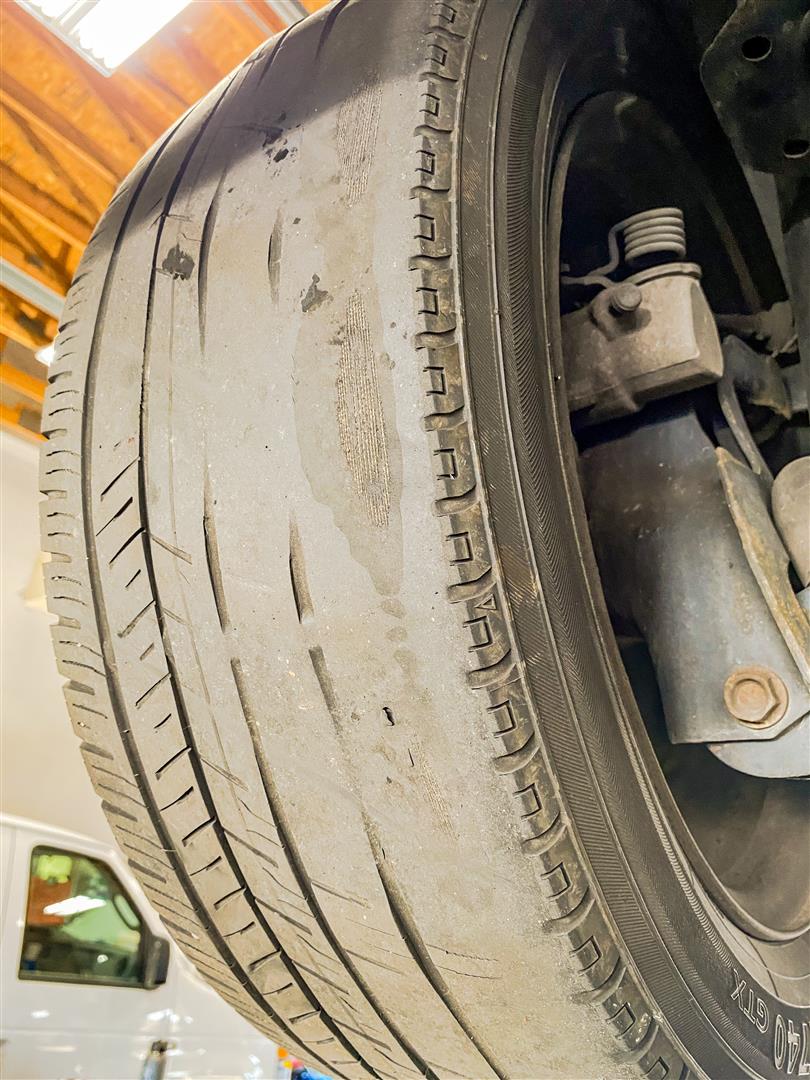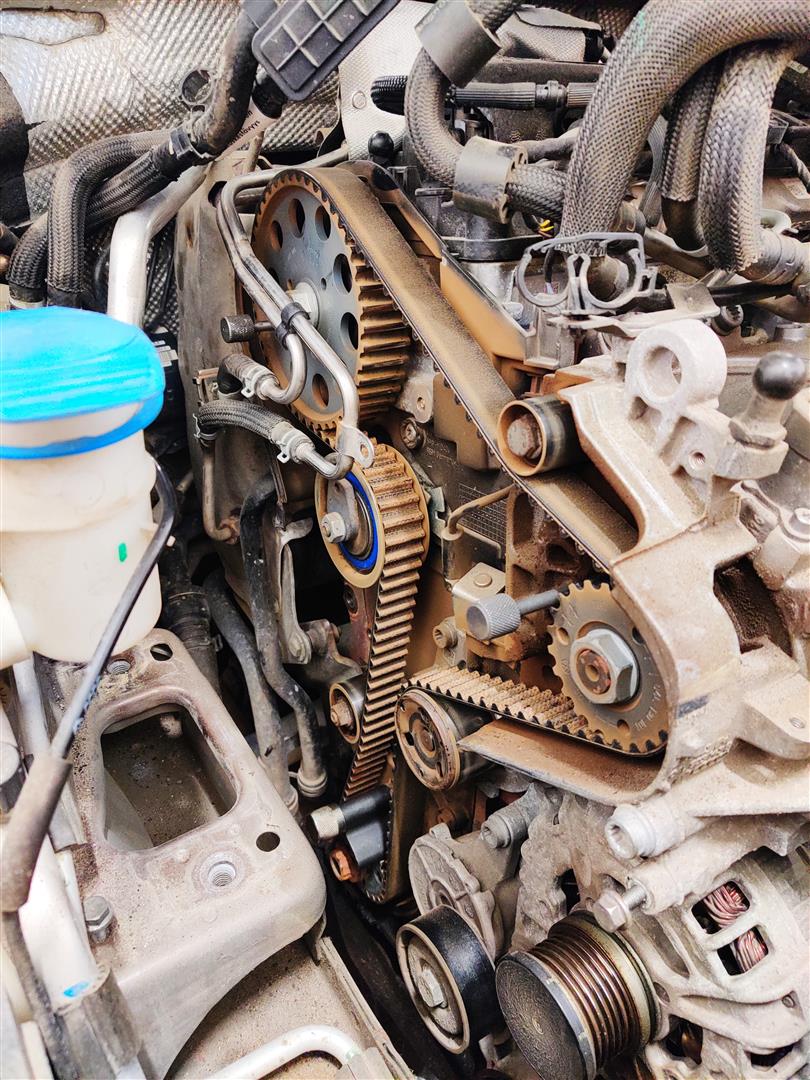Posted on 2/12/2025

Here in Spanish Fork, we’ve only had a handful of snowstorms this season, but does it feel like every storm creates a traffic nightmare? You’re not alone in thinking so! One possible reason is that we’ve had relatively mild winters the last few years, meaning many drivers have less experience handling snowy and icy roads. But beyond driving experience, vehicle maintenance plays a huge role in winter driving safety. Every day, we perform vehicle inspections and see areas where improvements can make a big difference in handling winter conditions. To help you stay safe in snow and traffic, here are the top safety items to check on your vehicle: 1. Tires – Your First Line of Defense ✔️ Check for adequate tread depth and even wear. Tires have a built-in wear bar indicator—once the tread reaches this level, it’s time for a replacement. ✔️ Ensure proper inflation. Cold temperatures can cause tire pressure ... read more
Posted on 2/1/2025

DICKERSON AUTOMOTIVE FEBRUARY 2025
Posted on 1/30/2025

Subarus are renowned for their reliability, all-wheel-drive capabilities, and longevity. However, like any vehicle, they aren’t immune to mechanical issues. One of the most common problems Subaru owners encounter is oil leaks. While this can be a frustrating issue, understanding the typical causes, signs, and solutions can help you stay ahead of potential problems and keep your Subaru running like new. Common Sources of Oil Leaks in Subarus Subaru’s unique engine design, particularly its horizontally opposed (boxer) engine, contributes to its performance and balance. However, this design also makes certain seals and gaskets prone to wear. Here are the most common culprits: 1. Valve Cover Gaskets The valve cover gaskets are a frequent source of oil leaks, especially in older Subarus or those with higher mileage. These gaskets seal the valve covers to the cylinder heads, preventing oil from escaping. Over time, they can degrade due to hea ... read more
Posted on 1/21/2025
.png)
🚗 Exciting Changes for Utah License Plates & Registration Stickers in 2025! 🎉 As we roll into 2025, you may notice some updates to Utah’s license plates and registration stickers: ✅ New Combined Sticker: When it’s time to renew your vehicle’s registration, you’ll receive a single sticker combining the month and year. This replaces the old separate stickers. Simply remove the old ones and place the new sticker on the upper right-hand corner of your plate. Heads up: we’ve found the old stickers can be a bit tricky to remove! ✅ One Plate Requirement: Utah now requires only a rear license plate, so newly registered vehicles will be issued just one plate. If your rear plate is faded or difficult to clean off, consider swapping it with your front plate. ✅ New Plate Design: Utah is transitioning to flat, screen-printed plates instead of the traditional raised embossed ones. For first-ti ... read more
Posted on 1/14/2025

The timing belt is one of the most critical components in your Honda Odyssey’s engine. It synchronizes the rotation of the crankshaft and camshaft, ensuring the engine’s valves open and close at the right time. Over time, the timing belt can wear out or degrade, and if it fails, it can lead to severe engine damage. Here’s everything you need to know about replacing the timing belt in your Honda Odyssey. When Should You Replace the Timing Belt? Honda recommends replacing the timing belt in most Odyssey models every 60,000 to 100,000 miles, depending on the year and driving conditions. Check your owner’s manual for the specific maintenance schedule for your vehicle. Additionally, replace the timing belt sooner if: You notice cracking, fraying, or glazing on the belt. Most cases the timing belt is not visible with out removing the timing cover. You hear a ticking noise coming from the engine. Coolant leaking from the water pump ... read more